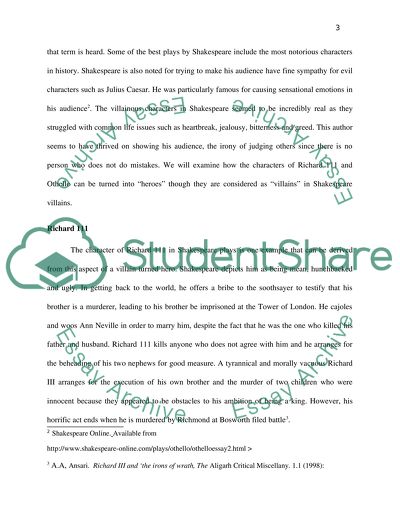Cite this document
(“Locating Literature/Speaking Subjects Essay Example | Topics and Well Written Essays - 2500 words”, n.d.)
Locating Literature/Speaking Subjects Essay Example | Topics and Well Written Essays - 2500 words. Retrieved from https://studentshare.org/literature/1642369-locating-literaturespeaking-subjects
Locating Literature/Speaking Subjects Essay Example | Topics and Well Written Essays - 2500 words. Retrieved from https://studentshare.org/literature/1642369-locating-literaturespeaking-subjects
(Locating Literature/Speaking Subjects Essay Example | Topics and Well Written Essays - 2500 Words)
Locating Literature/Speaking Subjects Essay Example | Topics and Well Written Essays - 2500 Words. https://studentshare.org/literature/1642369-locating-literaturespeaking-subjects.
Locating Literature/Speaking Subjects Essay Example | Topics and Well Written Essays - 2500 Words. https://studentshare.org/literature/1642369-locating-literaturespeaking-subjects.
“Locating Literature/Speaking Subjects Essay Example | Topics and Well Written Essays - 2500 Words”, n.d. https://studentshare.org/literature/1642369-locating-literaturespeaking-subjects.


